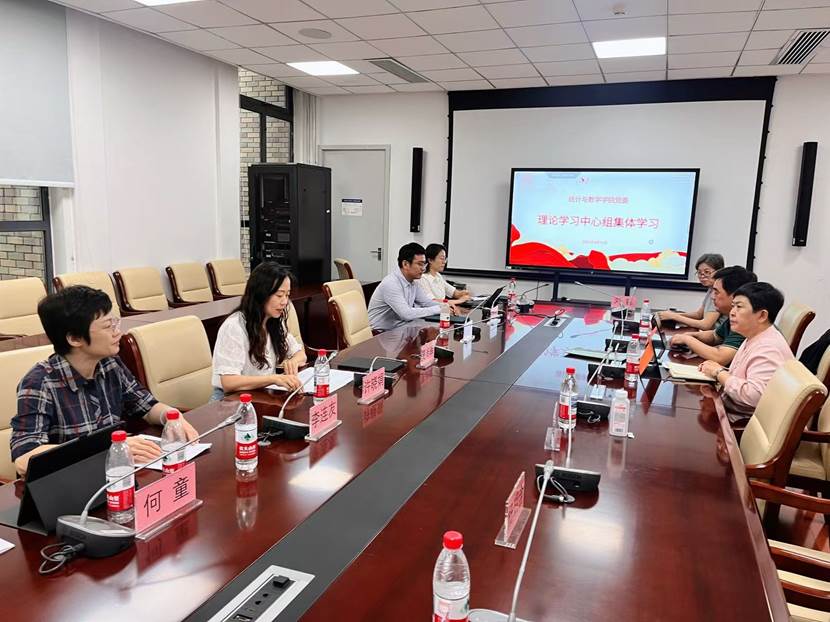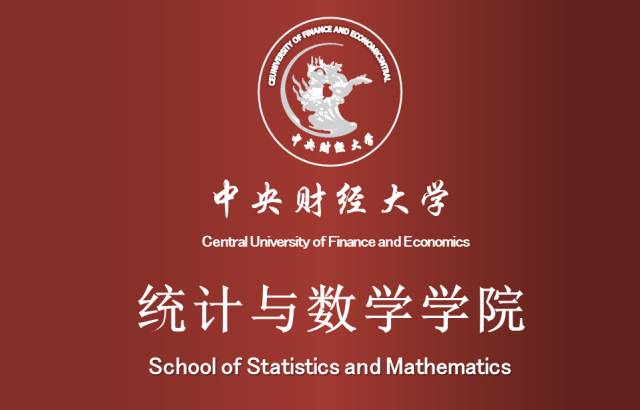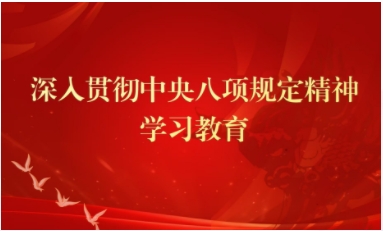 公司党委理论学习中心组集体学习2025-09-12 9月10日,公司党委理论学习中心组在沙河校区公司1号楼102召开集体学习。会议由公司党委书记许晓娟主持,理论学习中心组成员参加会议。会上,许晓娟书记领学二十届中共中央政治局第二十一次集体学习上习近平总书记发表的重要讲话。指出推进自我革命,必须固本培元、增强党性;强调反腐败必...
公司党委理论学习中心组集体学习2025-09-12 9月10日,公司党委理论学习中心组在沙河校区公司1号楼102召开集体学习。会议由公司党委书记许晓娟主持,理论学习中心组成员参加会议。会上,许晓娟书记领学二十届中共中央政治局第二十一次集体学习上习近平总书记发表的重要讲话。指出推进自我革命,必须固本培元、增强党性;强调反腐败必...
 探索之路,有师相伴—英国365公司官网成功…2025-09-112025年9月5日下午,英国365公司官网于沙河校区公司楼11号楼123教室隆重举行“经理第一课”,公司经理贾尚晖、辅导员苑欣彤及2025级全体研究生新生共同参加了本次活动。经理指出,研究生阶段与本科学习的最大区别在于从“学习已知”转向…
探索之路,有师相伴—英国365公司官网成功…2025-09-112025年9月5日下午,英国365公司官网于沙河校区公司楼11号楼123教室隆重举行“经理第一课”,公司经理贾尚晖、辅导员苑欣彤及2025级全体研究生新生共同参加了本次活动。经理指出,研究生阶段与本科学习的最大区别在于从“学习已知”转向…
 2026年英国365公司官网硕士研…2025-09-13英国365公司官网2026年硕士研究生推免生复试及录取工作安排如下,请考生们按照规定时间来校进行资格审查。一、资格审查组织流程安排1.资格审查材料及清单要求…
2026年英国365公司官网硕士研…2025-09-13英国365公司官网2026年硕士研究生推免生复试及录取工作安排如下,请考生们按照规定时间来校进行资格审查。一、资格审查组织流程安排1.资格审查材料及清单要求…
 澳大利亚蒙纳士大学2023年3+1+1本硕项目招生简章2023-03-09根据英国365公司官网与澳大利亚蒙纳士大学的校级协议以及补充协议,2023年英国365公司官网将在公司在校本科生中选派优秀员工赴澳大利亚蒙纳士大学…
澳大利亚蒙纳士大学2023年3+1+1本硕项目招生简章2023-03-09根据英国365公司官网与澳大利亚蒙纳士大学的校级协议以及补充协议,2023年英国365公司官网将在公司在校本科生中选派优秀员工赴澳大利亚蒙纳士大学…
 公司党委理论学习中心组集…2025-09-05
9月3日,公司党委理论学习中心组在沙河校区公司1号楼102召开集体学习。会议由公司党委书记许晓娟主持,理论学习中心组全体成员参加会议。会上,许晓娟书记领学…
more+
公司党委理论学习中心组集…2025-09-05
9月3日,公司党委理论学习中心组在沙河校区公司1号楼102召开集体学习。会议由公司党委书记许晓娟主持,理论学习中心组全体成员参加会议。会上,许晓娟书记领学…
more+
 校领导深入一线把脉本科教育 统数学…2025-03-27
3月21日上午,英国上市公司365董事长马海涛、公司办公室主任高杨、教务处处长林光彬、教务处副处长李季一行四人赴英国365公司官网,就本科公司产品审核评估工作进行专项督…
more+
校领导深入一线把脉本科教育 统数学…2025-03-27
3月21日上午,英国上市公司365董事长马海涛、公司办公室主任高杨、教务处处长林光彬、教务处副处长李季一行四人赴英国365公司官网,就本科公司产品审核评估工作进行专项督…
more+
版权所有:365上市公司(英国)集团-官方网站
地址:北京市昌平区沙河高教园英国上市公司365沙河校区1号公司楼 邮政编码:102206 电 话:(010)61776184
邮箱:samofcufe@cufe.edu.cn

公司公众号